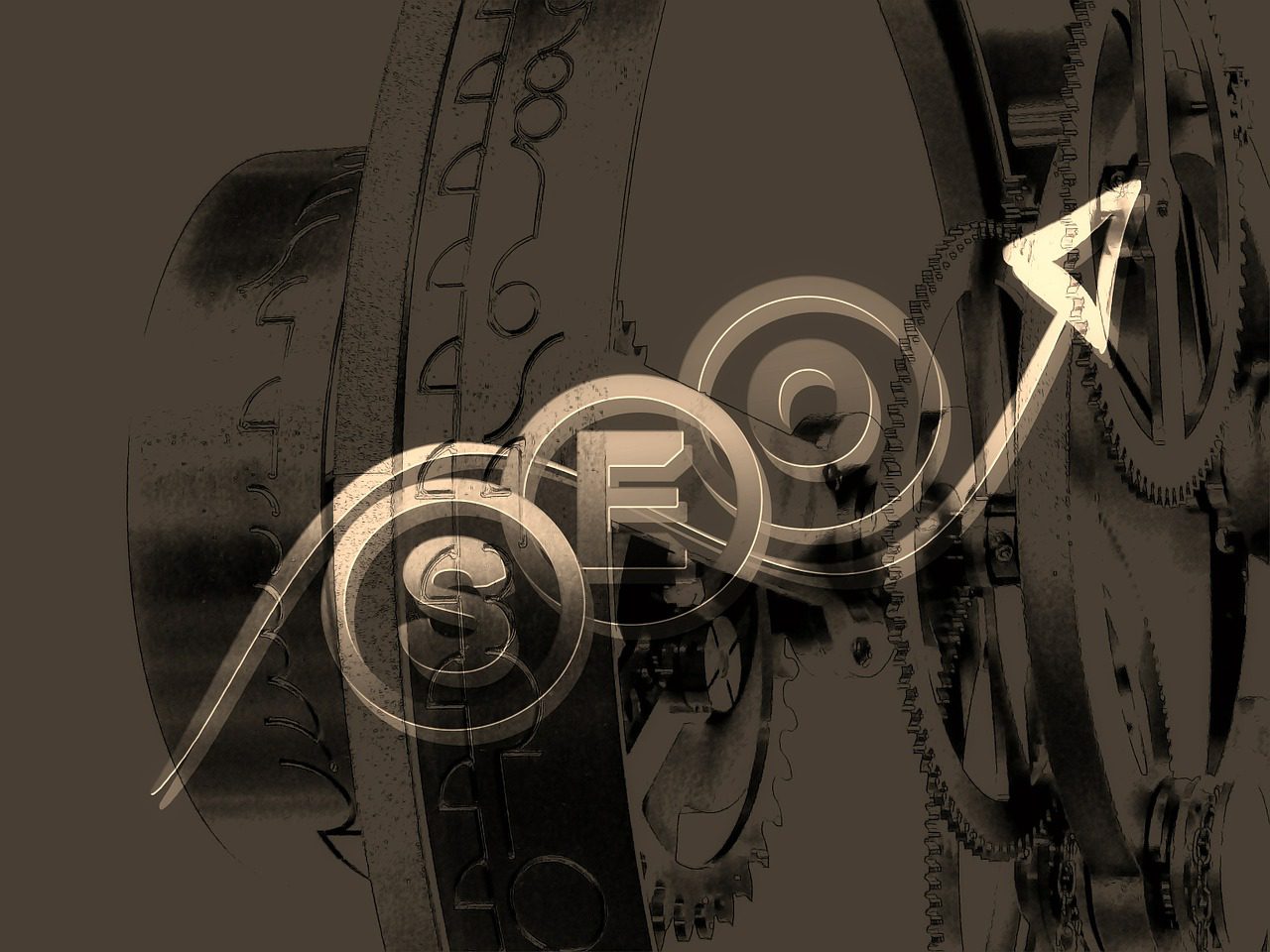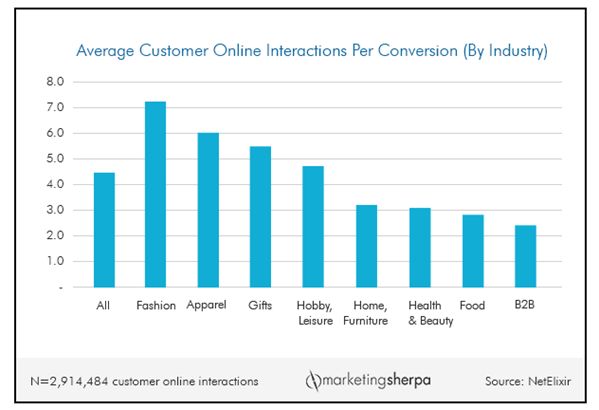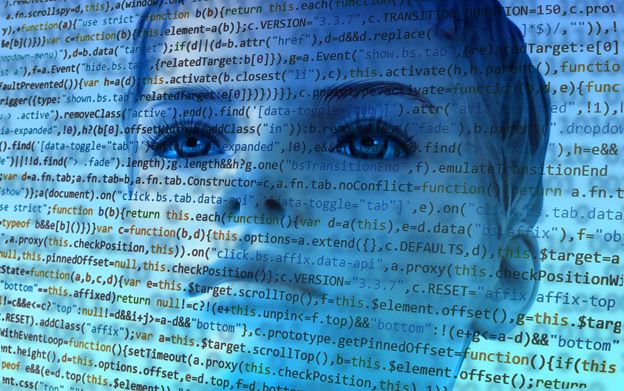Artificial Intelligence and Machine Learning
How are AI and ML changing SEO and ranking of your web pages?
AI and ML – How is the Duo Changing SEO and Content?
Everything you need to know about how AI and ML can impact the SEO and ranking of your pages across the internet.
Artificial Intelligence and machine learning are hot topics of our century. Moreover, these new technologies are revolutionizing everything ranging from healthcare to industrial sectors. However, they also affect the ranking of pages on Search Engines. That is what Search Engine Optimization or SEO is all about. So, how are AI and ML changing SEO and ranking of your web pages? Will they have a positive or negative effect on your page ranking?
Artificial Intelligence and Machine Learning
Today, self-teaching algorithms have made search engine optimization (SEO) more difficult and it has become harder to rank too. However, harnessing the new technologies like AI is the key to master SEO. In fact, artificial intelligence has immense potential to shape the future of content marketing. Let us take a look at some ways how it can shape your strategy today.
Cross-selling
Cross-selling is that one thing due to which the sales of all eCommerce companies happen. Companies like Amazon have already adopted machine learning strategies for cross-selling of products. The main advantage is that it drives better product recommendations and increase sales too. Besides, blocks like ‘Frequently bought together’ are widely used for this purpose. It attracts customers to buy products.
Also, Amazon often uses suggestions and recommendations for products that customers will like based on the considerations of their purchase. This helps in providing the consumer a value-add and social proof. Further, it also increases their average order value and the amount of revenue generated from each customer.
In fact, Amazon´s recommendation algorithm creates a personalized shopping experience for users. Moreover, as per a McKinsey report, 35% of all Amazon’s purchases are due to its algorithmic product recommendations. Besides, this technique has been really effective.
Dynamic Landing Pages
Well, if you ask what are those features that related to optimized content delivery, one of them includes the dynamic landing pages and websites. Also, hyper-personalization of content helps in delivering of content in an effective manner.
As dynamic landing pages follow the principles of data segmentation, they provide the consumers with content that’s relevant and compelling for them.
Even HubSpot uses different styles of landing pages for their website. While the first page is targetting small business owners and marketers, the other pages are for larger enterprise brands.
Besides, HubSpot uses a feature called “Smart Content” for delivering different messages. This also helps in changing the messages based on the information already gathered about the users by the website/brand.
Also, artificial intelligence makes it easier to customize pages too. This is necessary for tailoring the customer interests based on many variables like-
● Users
● Location of browsing
● The operating system used (Windows/Android/iOS)
● Source of knowledge about the product
These variables are extremely useful for creating personalised content and achieving behavioural targetting goals.
Dynamic Hyper-Personalization
Today, companies like Google and Facebook are doing well because of the use of special algorithms. These algorithms heavily depend on targeted content that is very relevant to the user. Besides, marketers need to put in more efforts to deliver hyper-personalized content and good recommendations.
Moreover, AI helps in giving a better understanding of your audience and prescriptive attribution too. Also, one can have a thorough knowledge of what content moves customers from one phase to another. In fact, marketers consider targeted AI-powered content delivery to be having the most substantial effect on marketing.
Improve Attribution Analysis
If content marketers can determine the content that can actually lead to closed customers, things will be easier for them. This is a problem for them and they find it difficult to measure the impact of content on users. Moreover, conversion reporting is done mostly on a last-touch basis. Thus, it gives all the credit for conversions to the most recent clicks or that specific source of traffic.
However, winning is the trust of the customer is what is necessary. Customers must interact with the brand very frequently before they decide to buy. According to Marketingsherpa, a study was conducted by NetElixir and it was found that almost 2,914,484 online customer interactions (or "touches") were leading to 522,074 conversions on its clients' sites. These sites belong to various industry sectors ranging from apparel and leisure to food and B2B.
How can Machine learning affect SEO and content?
One must understand how Google uses machine learning methods. This can actually help us in deciding what we can do to rank for our keyword. Besides, many search engines use machine learning methodologies for their algorithms too. They use it for pattern detection in many ways and can understand what users are searching for. Let us take a look at some of the ways in which machine learning can impact the SEO of your pages.
Speech Recognition
Speech recognition is one feature that Google has developed and launched in the form of a new system. This new system uses a multi-layered deep learning neural network and it cuts down errors by 25%. However, the whole area of speech recognition still uses a hand-engineered approach for structuring. This approach focuses on looking for nouns, verbs, something to indicate it’s a question, etc.
Moreover, Google is working on developing a more sophisticated approach to natural language too. In fact, NLP (Natural Language Processing) can actually help brands to identify information from huge databases. It can lead to better performance and providing efficient customer service solutions through:
- Analysis of customer insights
- Content classification
- Multi-lingual support
- Machine learning technologies like Google Assistant
Natural Language & Search
Well, what does a typical Google search consist of? It includes typing of words or phrases for which you can get back relevant results. Though it seems simple, machines have always matched keywords only. For instance, if you search for “how to change a tire, ” the Google search engine produces results with phrases of “repair.” In fact, researchers are trying to advance machines now. They are aiming at understanding natural human language instead of considering content as a bag of words. Besides, this will also help machines to generate answers for more complex questions.
Sentence & Shape Translation
The structure of every sentence is unique. Moreover, similar sentences have similar structures. For instance, the formation of two sentences can be very close in “I’d like to change my tire.” and “I want to repair my tire.” Besides, it is actually possible to express identical sentences in different languages. Thus, when a machine knows the structure of a sentence in one language, the machine can use the same structure again. This can especially be useful to look for similar sentence structures in any other language to get the translation too. Further, natural language processing can help in analyzing parts of sentences to deliver better insights.
Use of Prediction API
The most popular search engine i.e. the Google has given access to its Prediction API that uses machine learning techniques extensively. Moreover, this prediction API helps in pattern-matching and improving the machine learning capabilities. In fact, you can actually create applications that can perform tasks like:
● One can utilize the past viewing habits of users and predict what other movies, products or services they might like.
● Categorizing of emails as spam or non-spam.
● Also, one can thoroughly analyze the posted comments about products and determine if they have a positive or negative tone.
● You can also guess how much a user may spend on a given day according to the data of his spending history.
Signing off…
To sum up, the most important question that arises will be how machine learning and artificial intelligence will affect SEO. Well, if you are using White-Hat SEO techniques, you will surely be ranking well on Google.
However, one must know the requirements of Google for this purpose. This includes optimizing onsite and generating shareable and user engaging content. Though it might take some time, you must never focus solely on ranking and be consistent with the quality of data. This will definitely ensure your ranking in Google.
Thus, if you have great content and good user experience, you will never worry about what Google wants. In fact, both artificial intelligence and machine learning will work as a blessing in disguise for SEO. So, did you get to know anything about how to use AI for SEO or how ML can affect your page ranking?









.png)
